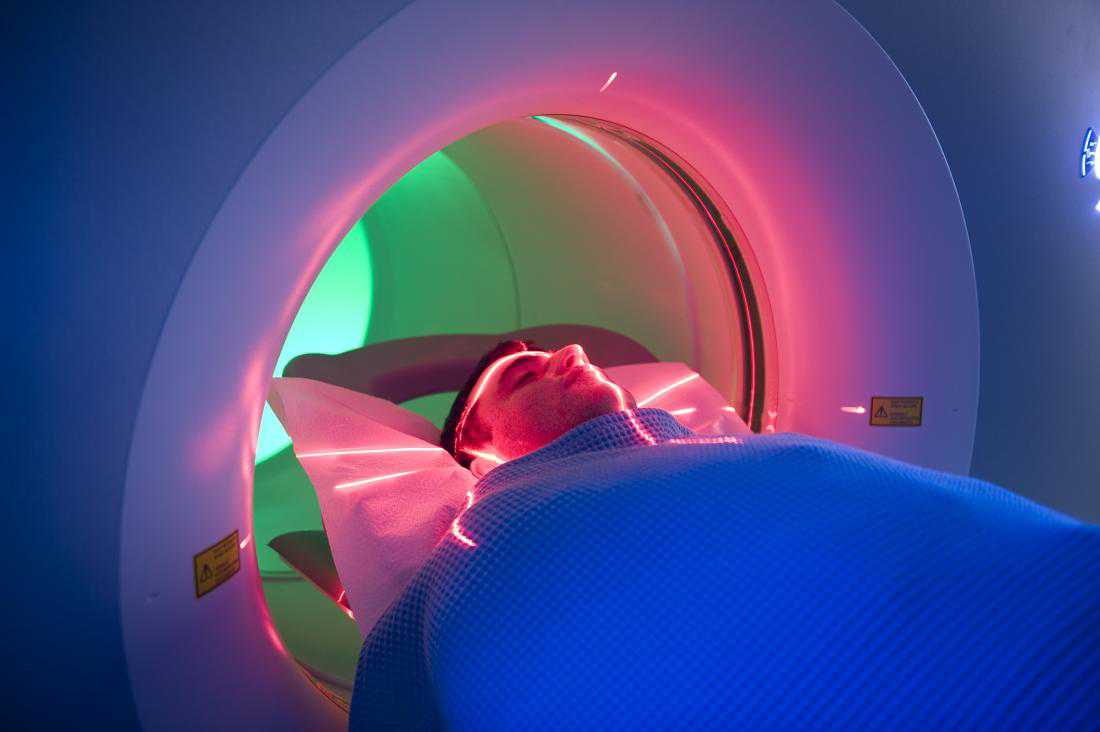Alzheimer's: Artificial intelligence predicts onset
08 November, 2018

An artificial intelligence tool taught to analyze brain scans can accurately predict Alzheimer's disease several years before a final diagnosis.
The team responsible suggests that, after further validation, the tool could greatly assist the early detection of Alzheimer's, giving treatments time to slow the disease more effectively.
The researchers, from the University of California in San Francisco, used positron-emission tomography (PET) images of 1,002 people's brains to train the deep learning algorithm.
They used 90 percent of the images to teach the algorithm how to spot features of Alzheimer's disease and the remaining 10 percent to verify its performance.
They then tested the algorithm on PET images of the brains of another 40 people. From these, the algorithm accurately predicted which individuals would receive a final diagnosis of Alzheimer's. On average, the diagnosis came more than 6 years after the scans.
In a paper on the findings, which the Radiology journal has recently published, the team describes how the algorithm "achieved 82 percent specificity at 100 percent sensitivity, an average of 75.8 months prior to the final diagnosis."
"We were very pleased," says co-author Dr. Jae Ho Sohn, who works in the university's radiology and biomedical imaging department, "with the algorithm's performance."
"It was able to predict every single case that advanced to Alzheimer's disease," he adds.
TAG(s):
